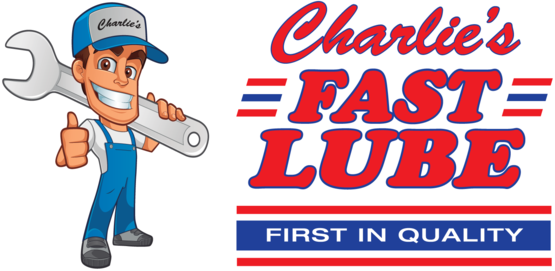Fuel Injection: It Keeps Getting Better for Jackson Drivers
February 13, 2022
Jackson residents know that engines need to burn fuel to operate. Fuel is pumped from your fuel tank to your vehicle engine where it is squirted—or injected—into your engine's cylinders. This is the function of the fuel injectors.
There are two ways to inject fuel into an engine. Fuel needs air to burn, so in the first method, fuel is injected into a port and allowed to mix with air—before it is drawn into the cylinders. In the second method, fuel is injected directly into the cylinders and mixes with air after it enters the vehicle engine.
Direct injection engines burn fuel more efficiently than conventional vehicle engines. Some models can deliver the power of a V8 with the economy of a V6.
For example, in one family of engines, the conventional version (a V6) delivers about 250 horsepower. The direct injection version delivers over 300 horsepower and gets about the same gas mileage. The turbocharged version delivers 350 horsepower.
Why the big difference in power? Direct injection systems allow fuel to be squirted into the vehicle engine at hundreds of times the pressure of a conventional engine. This atomizes the fuel better (breaks it down into tinier droplets), which means more of it gets burned, which translates to more power for your engine. It also results in cleaner emissions.
Fuel injectors are precision instruments. They have to deliver the right amount of fuel at exactly the time the vehicle engine needs it. They are also engineered to inject fuel with a specific spray pattern. This spray pattern allows for maximum fuel efficiency and proper atomization. Direct injection engines require a much higher degree of precision than conventional engines. For this reason, they are equipped with more sophisticated computers.
When fuel injectors get dirty, their precision drops off. The spray pattern won't be precise, and the timing of fuel delivery may be off. This decreases fuel efficiency and fuel economy as well as delivering less power to the engine.
Jackson residents should understand that fuel injectors are not cheap to replace. Direct injection fuel injectors are even more . And we're talking a mortgage payment to buy a set of new fuel injectors for a diesel engine.
So keeping your fuel injectors clean is just good auto advice. The best way to do this is to change your air and fuel filters regularly and practice other habits of good vehicle care and preventive maintenance. Cleaning additives in your fuel can also help.
If you do end up with gum or varnish in your fuel system, you'll need a professional fuel system cleaning. This will clean out your whole system, including the injectors. The good news is that with proper maintenance, Jackson drivers will enjoy better fuel economy and their fuel injectors will last for a long time.
Contact us for more tips to help you improve your performance and safety.
Charlie's Fast Lube Jackson
1901 E. Jackson Blvd.
Jackson, Missouri 63755
575-243-2226
http://www.charliesfastlubejackson.com
Need Service?
More articles from Charlie's Fast Lube Jackson

Light Up your Life (Headlamp Replacement)
January 25, 2026
Did you know that having a burned out headlight can result in your rearview mirror reflecting some flashing lights? In other words, you might get pulled over by the police for only having one working headlight, because in most places it's against the law. Not only is it illegal to drive with one... More

Knowledge is Power (Battery Testing)
January 18, 2026
Its likely happened to you once or twice. You head to your vehicle, open the door, turn the key and lo and behold, your battery is dead. Now youre stranded, may have to get a jump or a tow, and youll definitely be late for wherever you were headed. While your vehicle may sometimes give you warni... More

Don't Neglect Your Spare (Spare Tire Care)
January 11, 2026
If you've ever had a flat tire, then you know welcome it is to have a spare tire that is properly inflated, in good shape and easy to get to. Problem is many of us don't even give our spare tire (if we even have one) a second thought. If you have an SUV or truck with a spare, it may be mounted o... More










